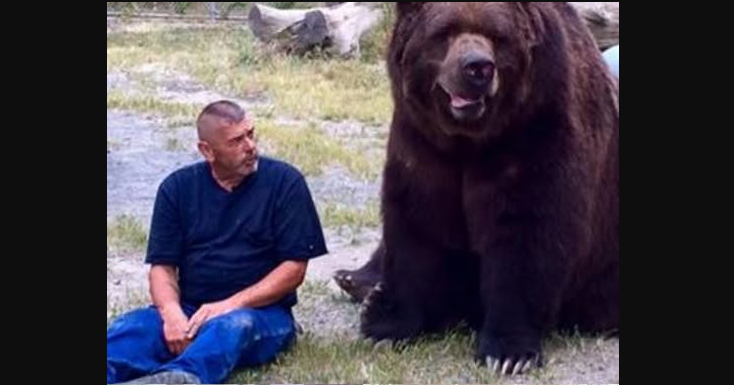My grandfather, with whom I shared a deep bond, passed away last month. During the reading of his will, I was stunned to learn he had bequeathed all his possessions to my sister—his vintage car, his savings, and his cozy little house. She rarely spent time with him, and I couldn’t fathom his reasoning.
I approached her, hoping we could divide the inheritance, as we were both his grandchildren, and I believed there might have been an error. She shook her head firmly and replied, “I must respect Grandpa’s wishes.”
Months later, while slipping on my old coat, I felt an object in the pocket. It was a folded piece of paper. My breath caught when I recognized Grandpa’s familiar handwriting. He must have tucked it there during his final days, when I visited him daily.
With trembling fingers, I unfolded the note and read: “If you’re holding this, the lawyer has followed my plan. The will they announced was temporary. The true, notarized document leaves everything to you. I trust you to make the right choice, even if that includes sharing. You were always there for me.”
My hands quivered as I refolded the note. The next day, I hurried to the lawyer’s office. His eyes widened as I set the note on his desk. After a brief silence, he opened a drawer, retrieved a sealed envelope, and handed it to me.
It was the authentic will. It named only me as the heir—Grandpa’s quaint house, his classic car, and his savings were all mine. Attached was his note, emphasizing that I alone could decide whether to share with my sister.
Now, I’m caught in a dilemma. Part of me wants to honor Grandpa’s faith in me by keeping the inheritance as he intended, especially since my sister seldom made time for him. Yet another part of me worries that withholding the inheritance might leave me with lifelong regret. The choice rests with me, but it’s a responsibility I never anticipated carrying.






